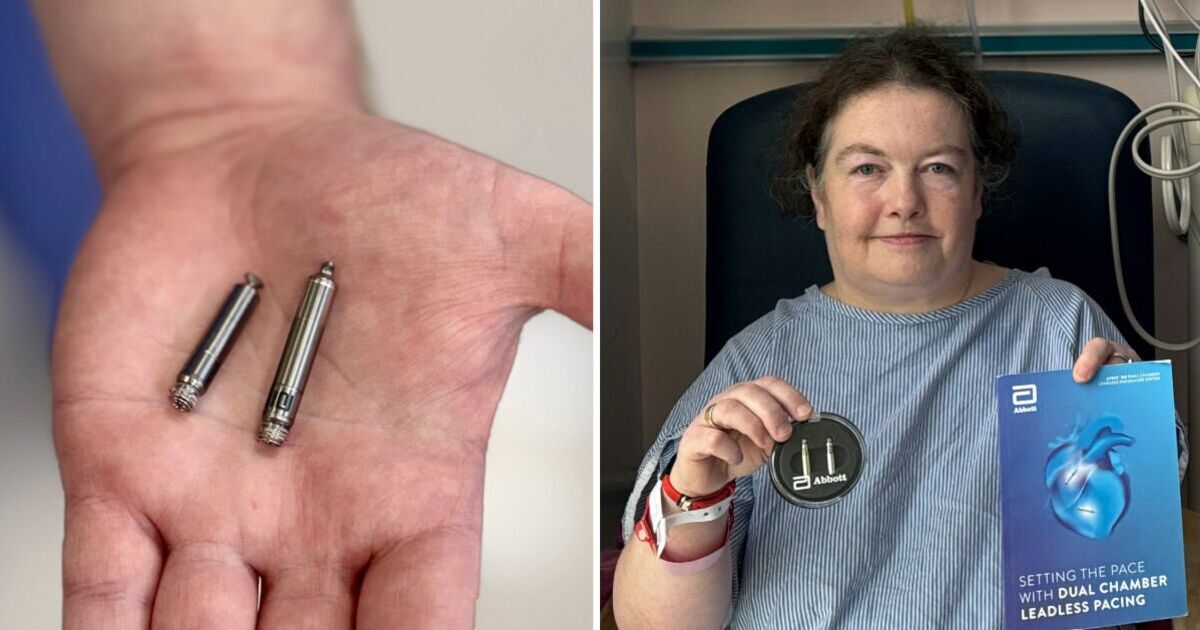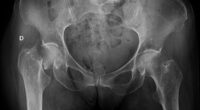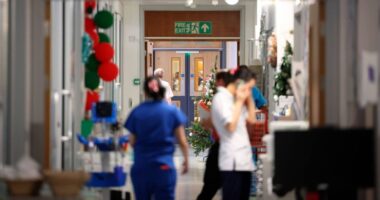A single mum who is one of the first people in the UK to be fitted with a pioneering dual pacemaker says she is “over the moon” and it saved her life.
Karen Cooper, 54, was first fitted with a pacemaker aged 17 after being diagnosed with an irregular heart rhythm.
But she has been plagued by problems and had seven pacemakers fitted over the years, mainly due to infections around the devices’ wires.
Last week, Karen was fitted with the new dual pacemaker which involved two devices placed in different chambers of the heart during an hour-long keyhole operation.
The pill-shaped devices, each smaller than an AAA battery, were implanted into the heart via a vein in the leg.
Crucially, the devices do not need wires to communicate and coordinate the electrical impulses needed to regulate heart rhythm.
Karen said: “When the clinical team mentioned the new dual-chamber leadless pacemaker it seemed like a game-changer to me.
“All the issues I have suffered with over the years and this new piece of kit could offer me peace of mind of the pacing but without the leads.
“I was over the moon at something that sounded like it would be life-changing for me.”
Karen’s surgery was carried out at University Hospital Southampton, which is among the first sites in the UK to offer the procedure.
A global trial last year found the dual pacemaker had a 97% success rate in returning patients’ heartbeats to normal.
Karen added: “I feel very lucky to be the first person in Southampton to receive the AVEIR DR and am so grateful to all the team involved in caring for me – they have been wonderful.
“Having a pacemaker helps you to live a normal life and I know it has certainly saved mine.”
Dr John Paisey, consultant cardiologist at UHS who led the clinical team, said: “This dual-chamber leadless pacemaker system represents a major leap forward in the treatment of certain heart
conditions.
“It can be a more effective solution for some patients, improving their quality of life and potentially reducing some of the risks associated with traditional pacemakers.
“This has opened up doors for those who require dual-pacing treatment, meaning heart patients with certain conditions who weren’t eligible for the previous single leadless pacemaker may now have other options available to them which marks another significant milestone in cardiac care.”










